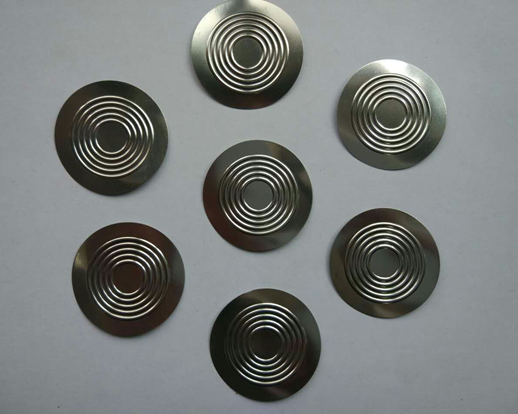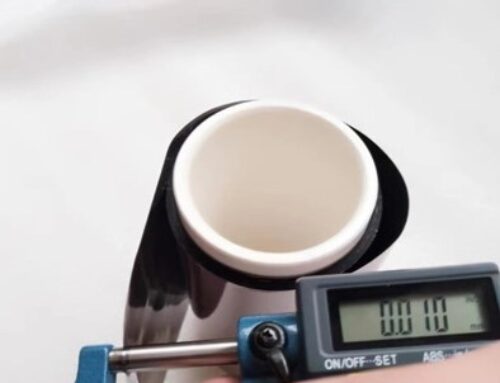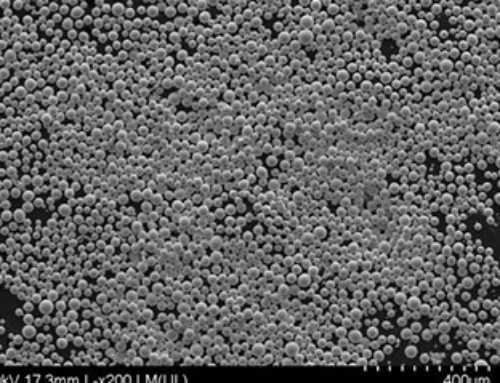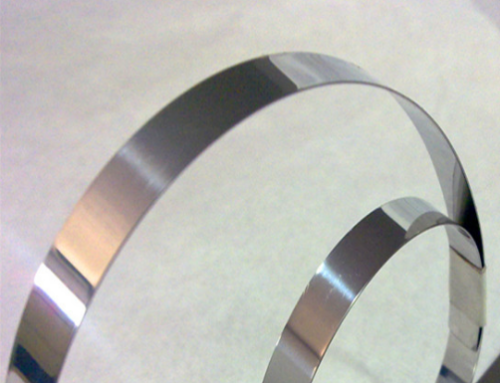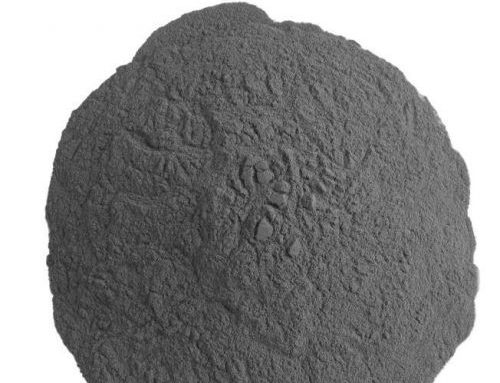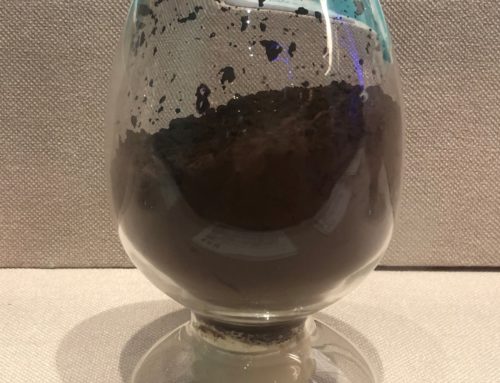The metal diaphragm is a kind of thin shell elastomer. The diaphragm is a circular elastic sensing element. When both sides of the diaphragm are subjected to different pressures (or forces), the diaphragm moves to the side with low pressure, causing its center to produce a displacement related to the pressure difference. It can be divided into two types: flat diaphragm and corrugated diaphragm. TRM provide high quality Tantalum Diaphragm. The material can also be other metals, such as titanium, 316L, Hastelloy, Monel, etc. Please contact us for more details. Get a Quote Now!
Typical Application of Tantalum Diaphragm
Diaphragm pressure gauges, electromagnetic flowmeters, and other instrument industries.
Structure Principle of the Diaphragm Pressure Gauge
When the pressure of the measuring medium acts on the diaphragm, the diaphragm deforms and compresses the sealing fluid of the pressure measuring system of the pressure instrument to form pressure. When the rigidity of the diaphragm is small enough, the pressure is also very small, and the pressure formed by the pressure measuring system of the pressure instrument is close to the pressure of the measuring medium.
Structure of the Corrugated Metal Diaphragm
D1: outer diameter, D: working diameter
J: corrugation center distance, J1: corrugation spacing
d: center plane diameter, d1: center hole diameter
h: corrugation height, R: corrugation radius
Typical Sizes
Diameter: 12.4 mm or larger
Thickness: 0.05 mm – 0.15 mm
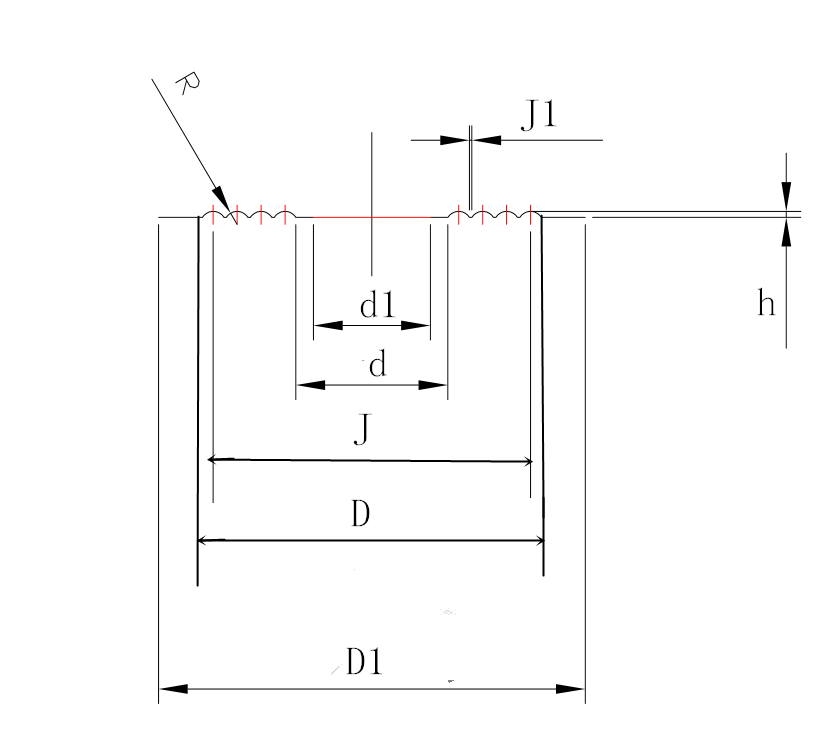
Order Information
Please include the following information with your inquires and orders:
- Quantity
- Material
- Dimensions or drawing
Standard Packing
Carton boxes or wooden boxes.
Physical Properties of Tantalum
| Phase | Solid |
| Melting Point | 3290 K (3017°C, 5463°F) |
| Boiling Point | 5731 K (5458°C, 9856°F) |
| Density near R.T. | 16.69 g/cm3 |
| Density when liquid, at M.P. | 15 g/cm3 |
| Heat of Fusion | 36.57 kJ/mol |
| Heat of Vaporization | 753 kJ/mol |
| Molar Heat Capacity | 25.36 J/(mol·K) |

